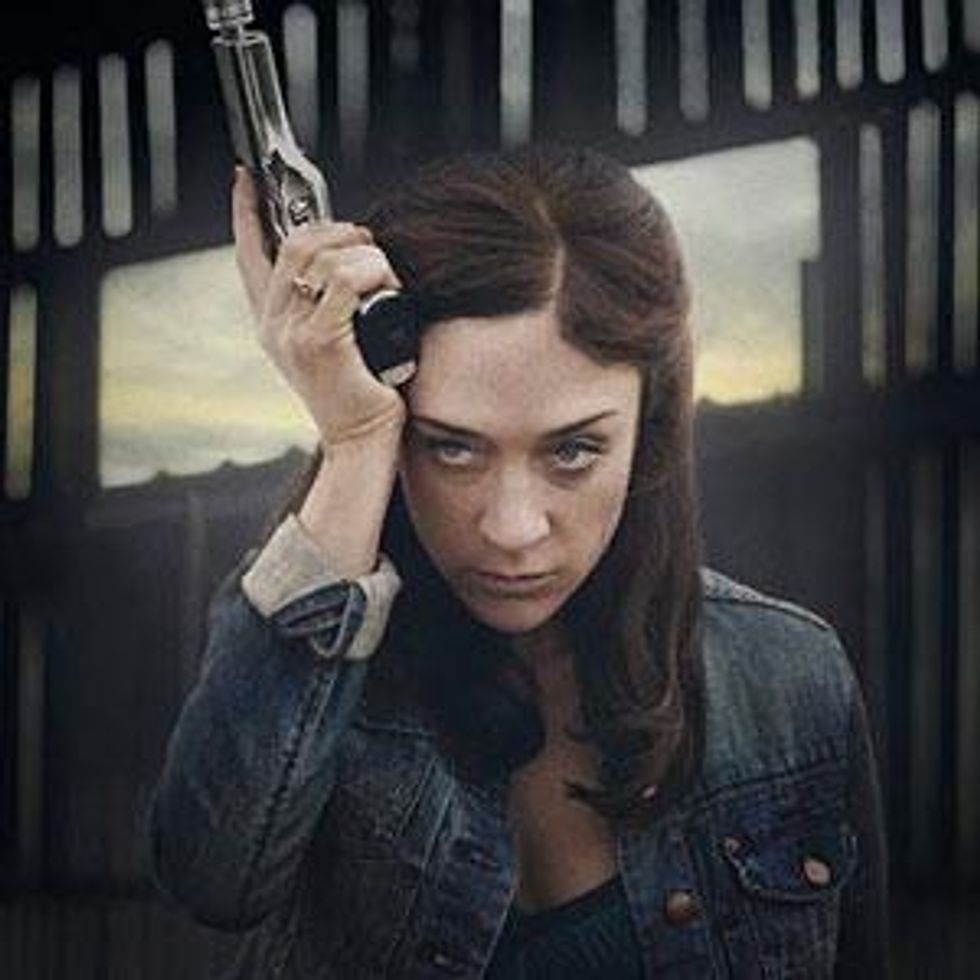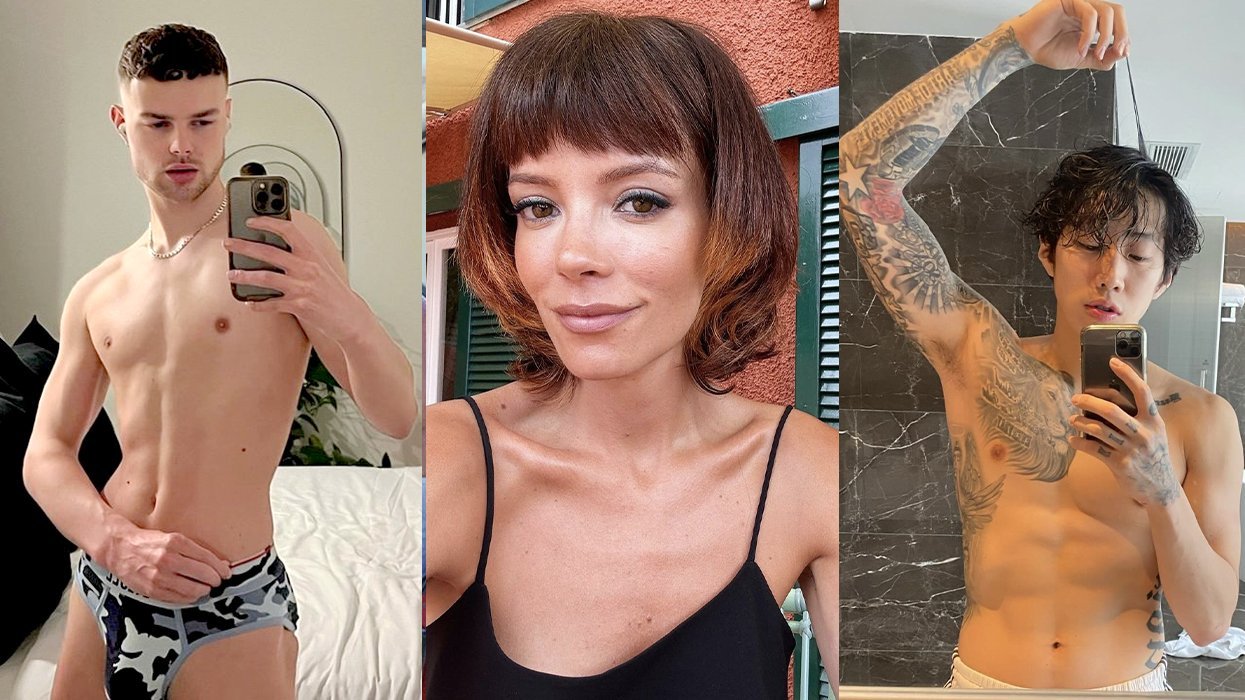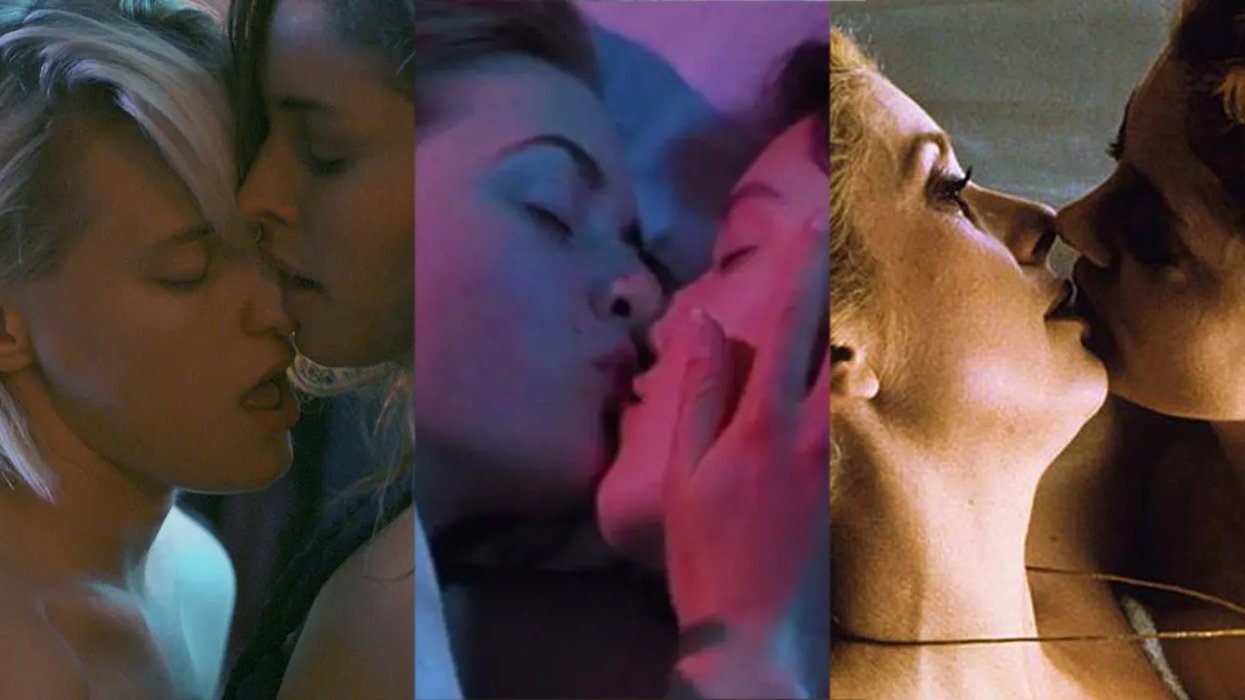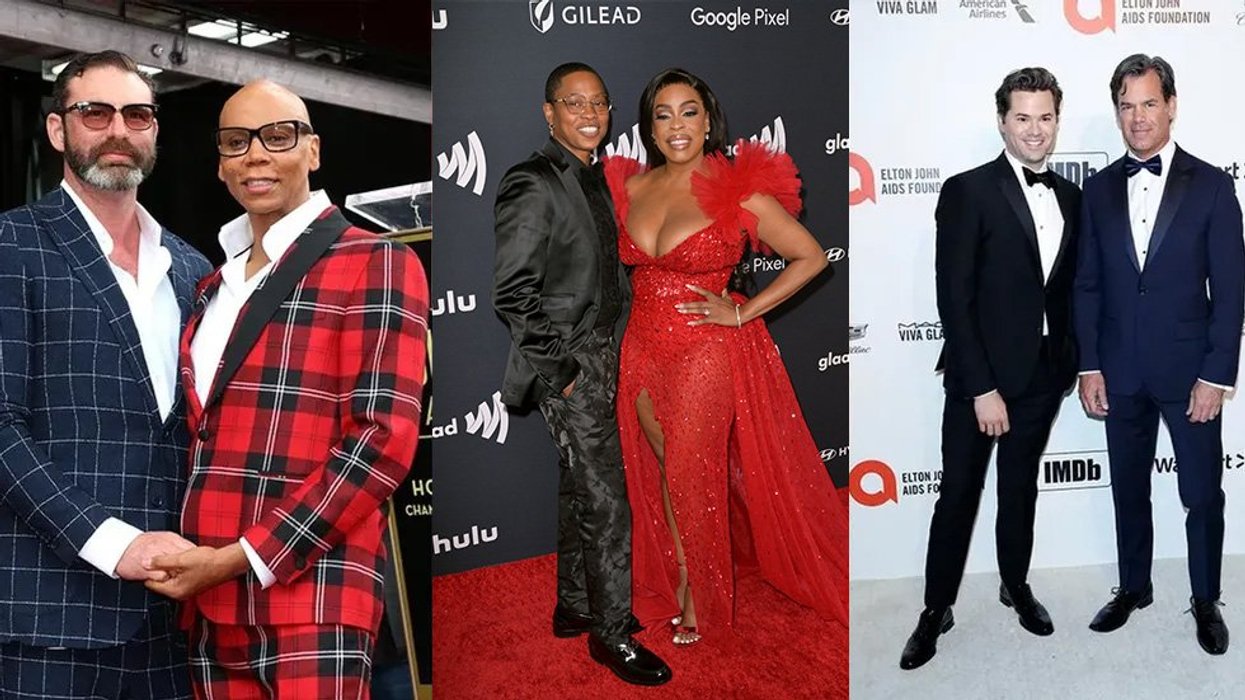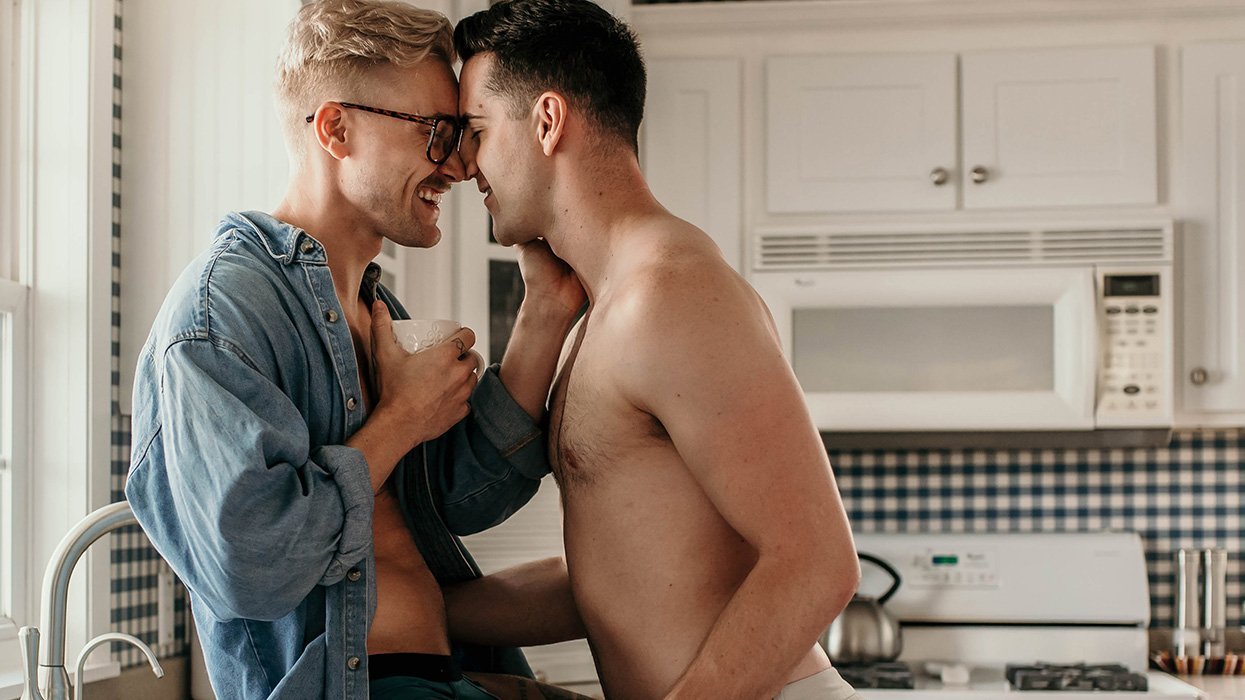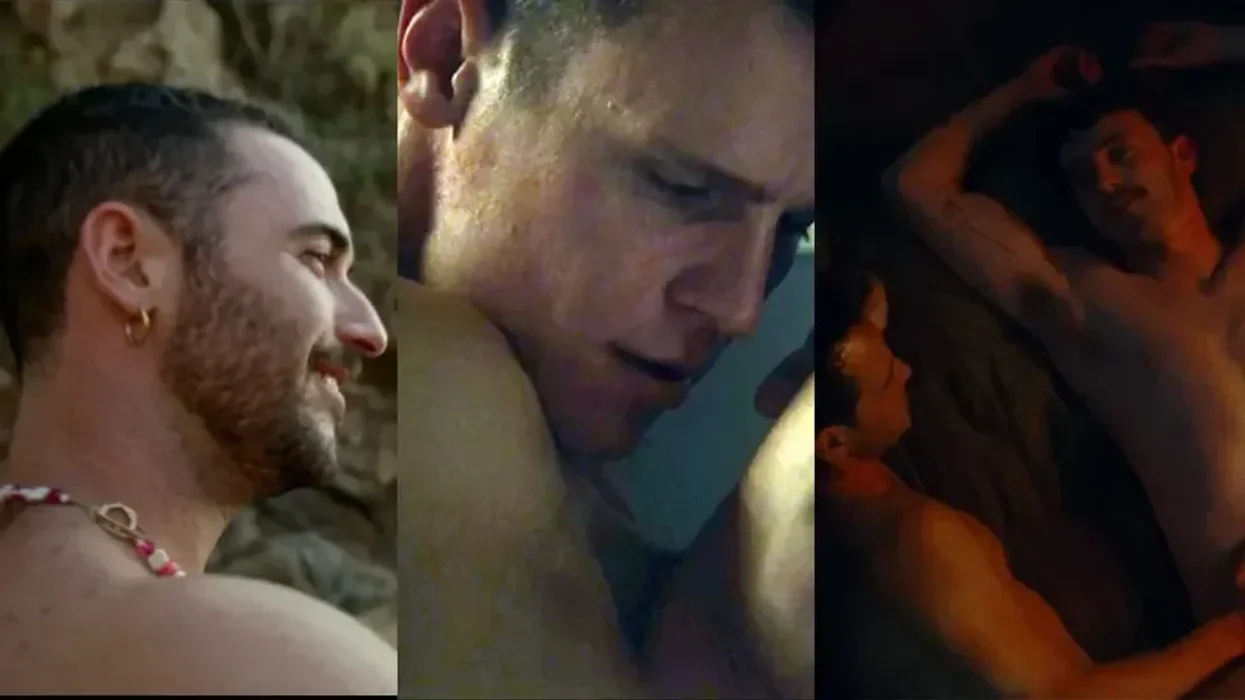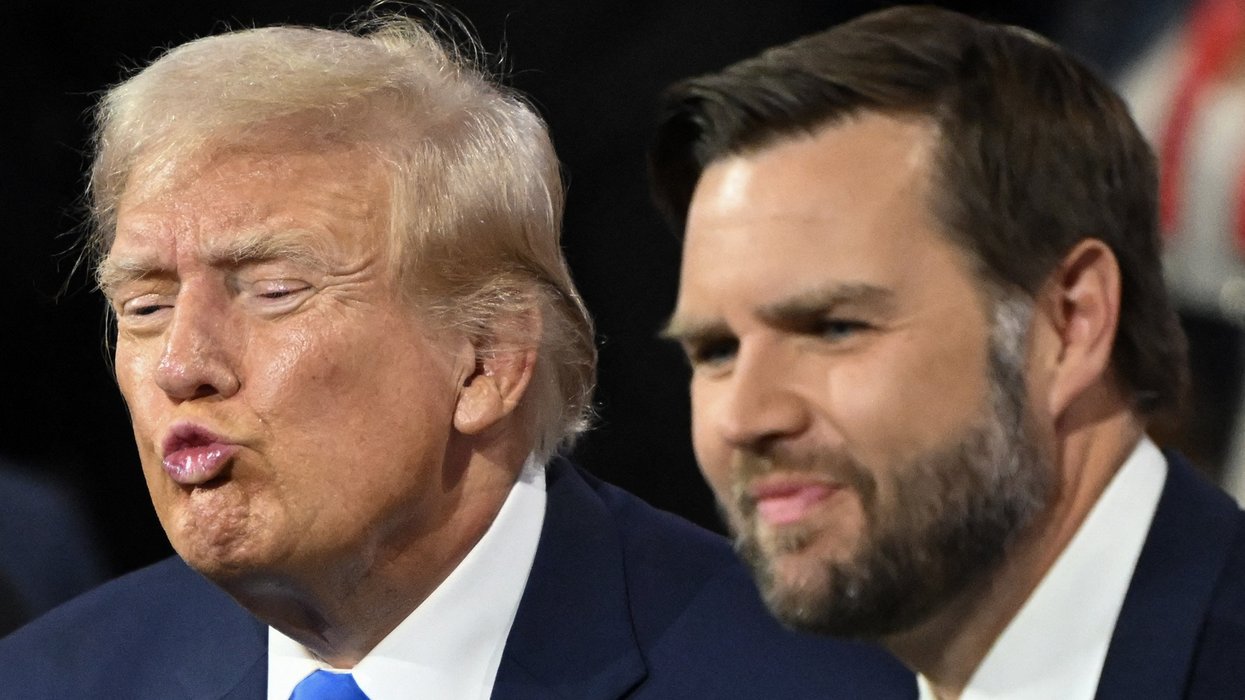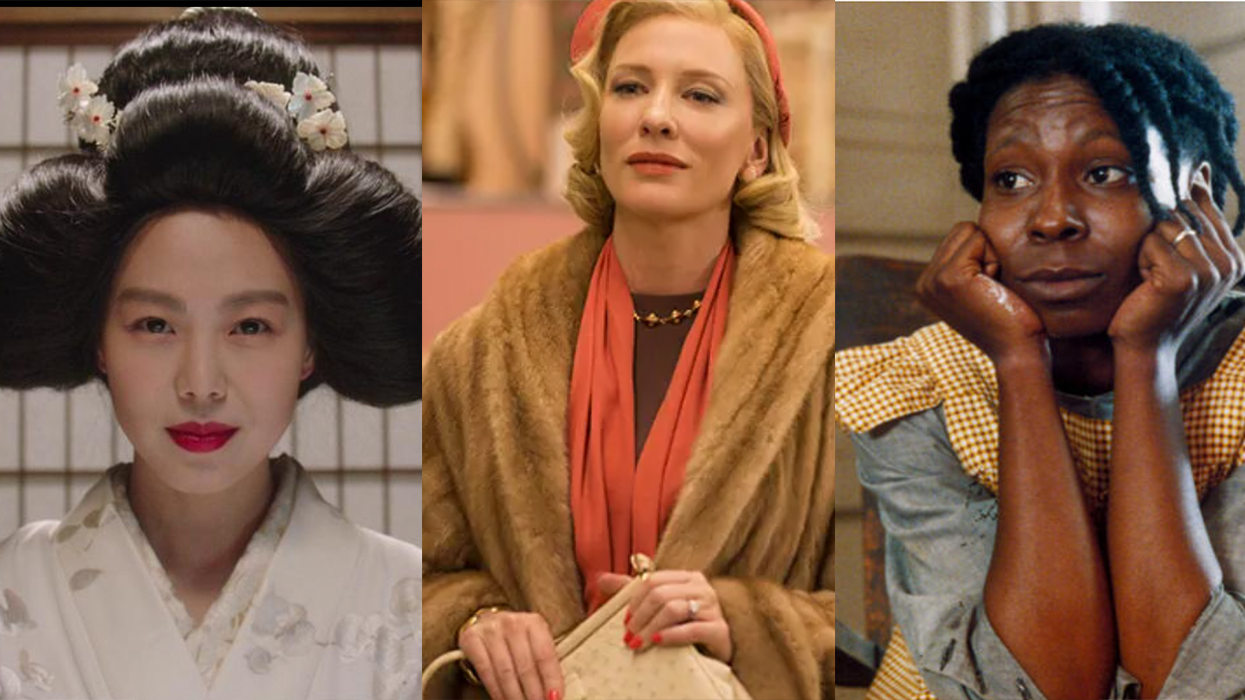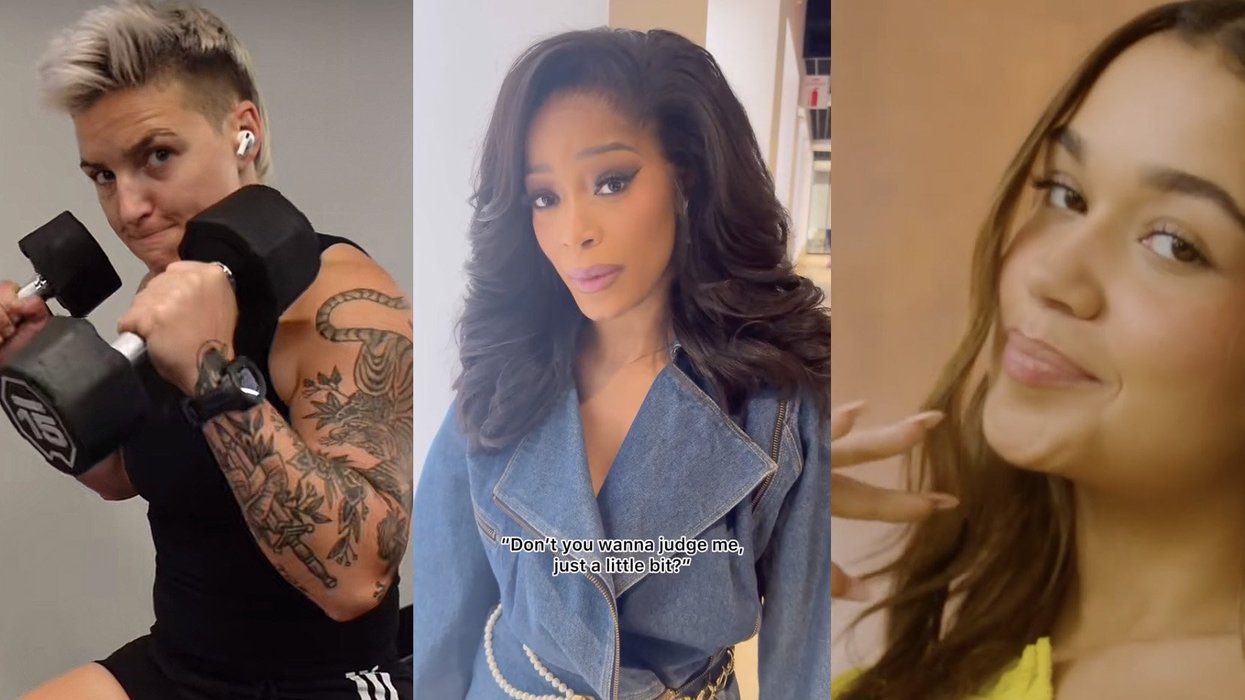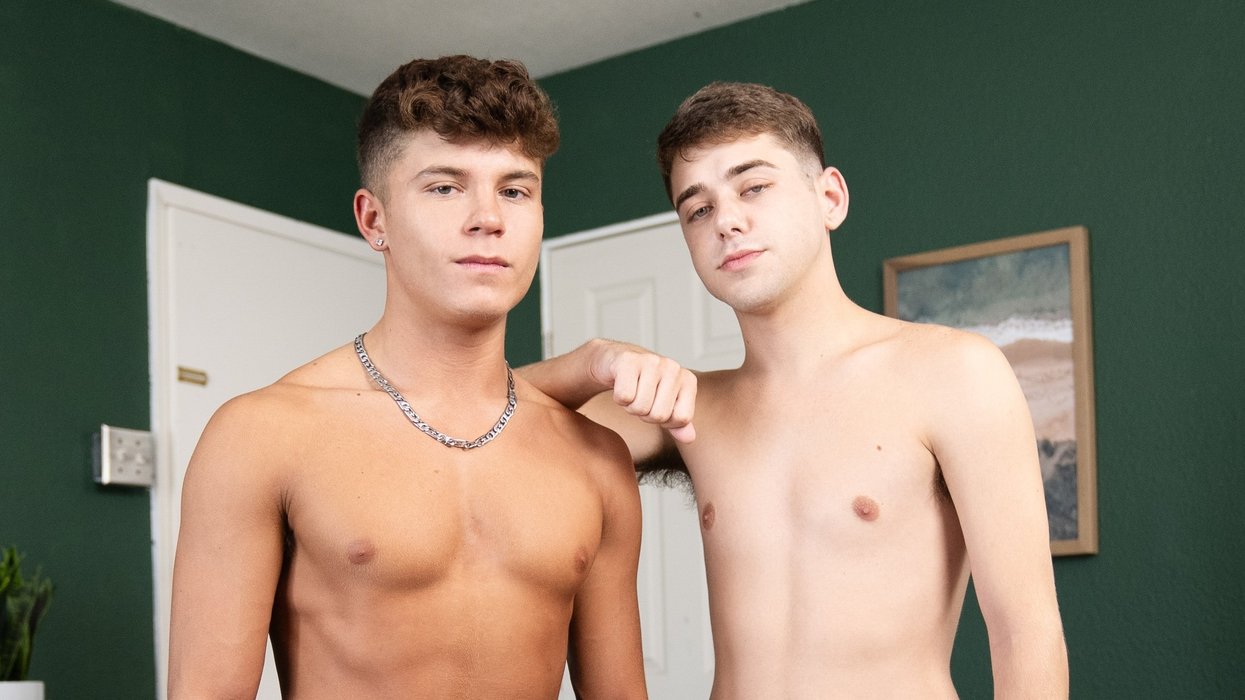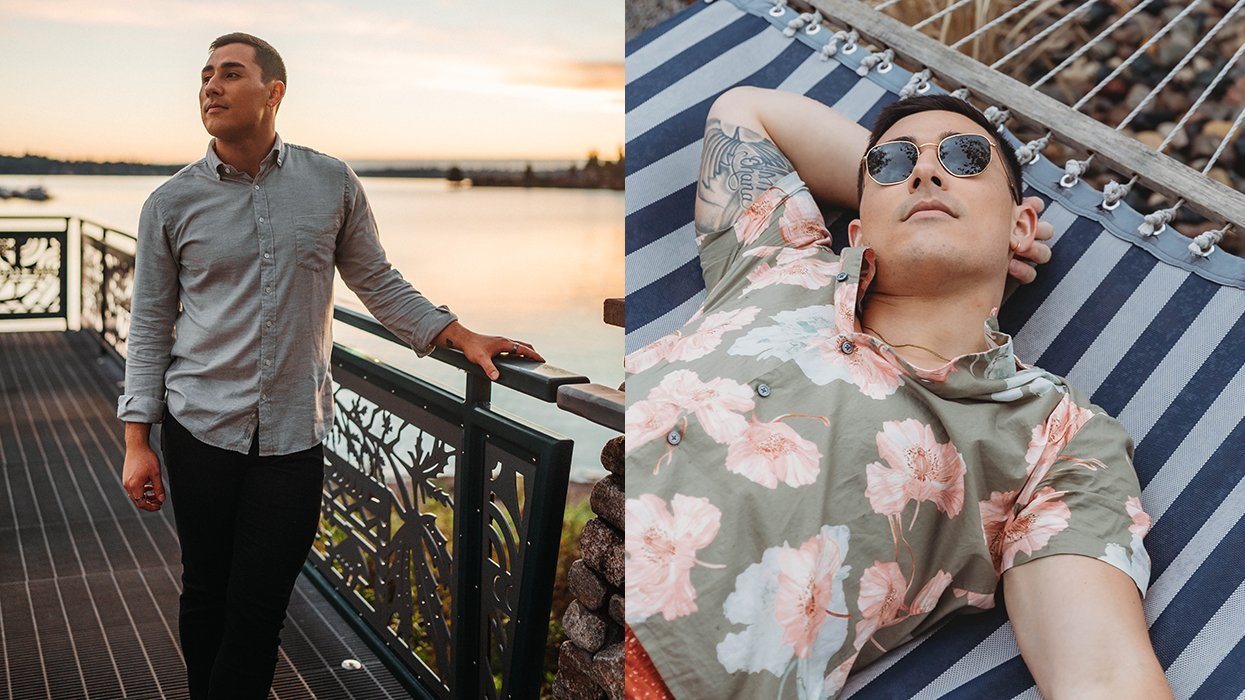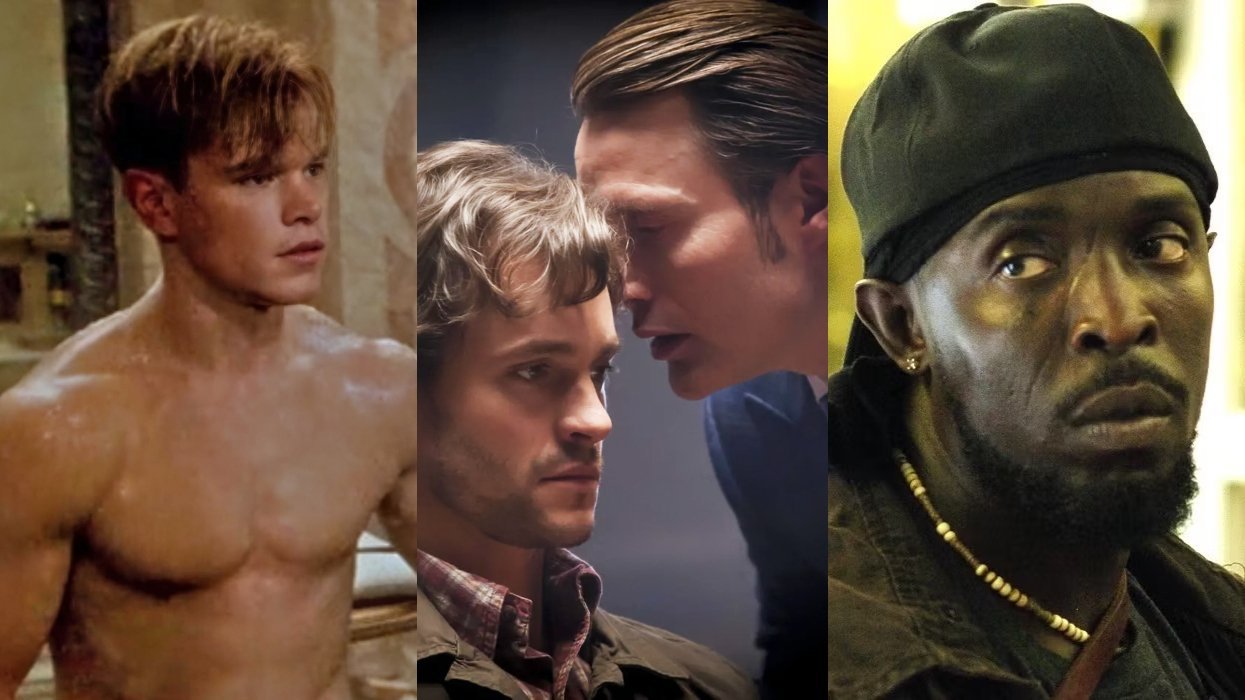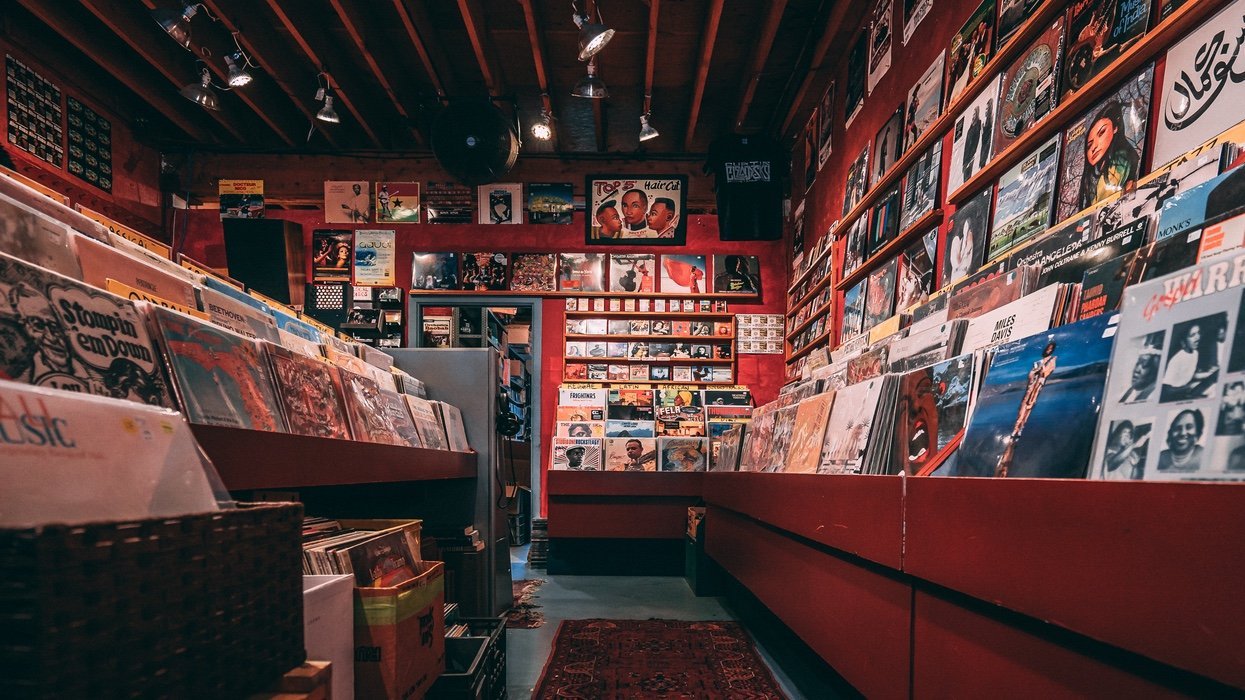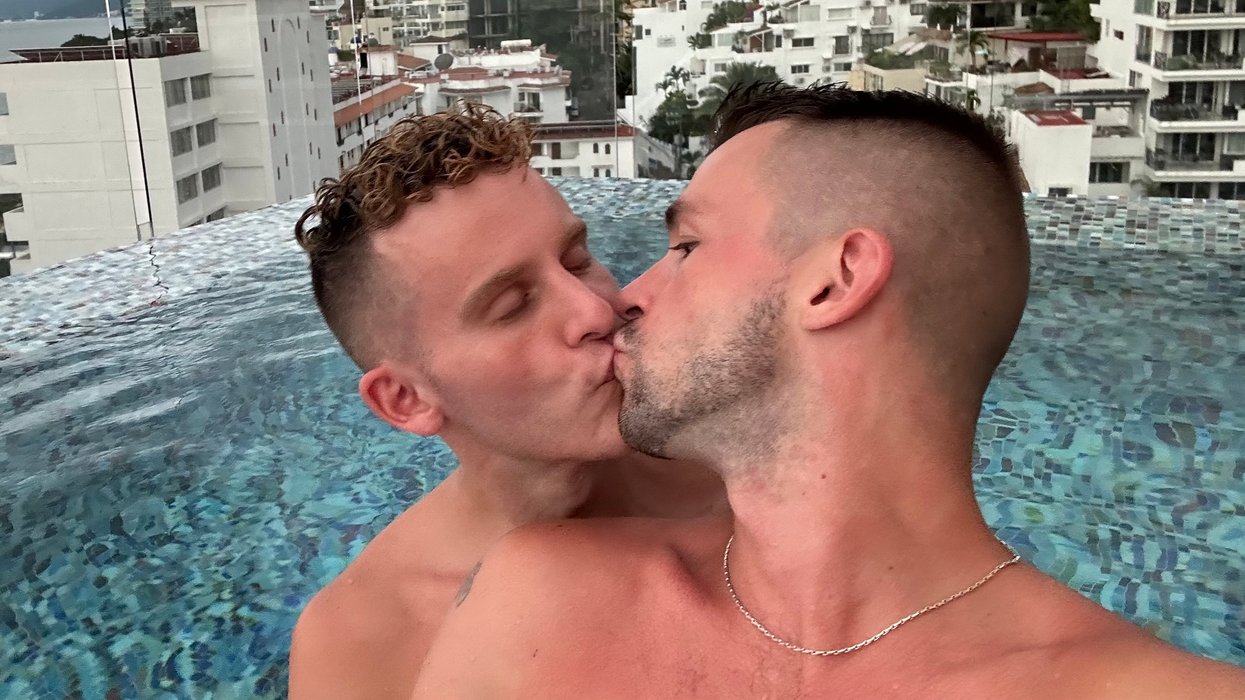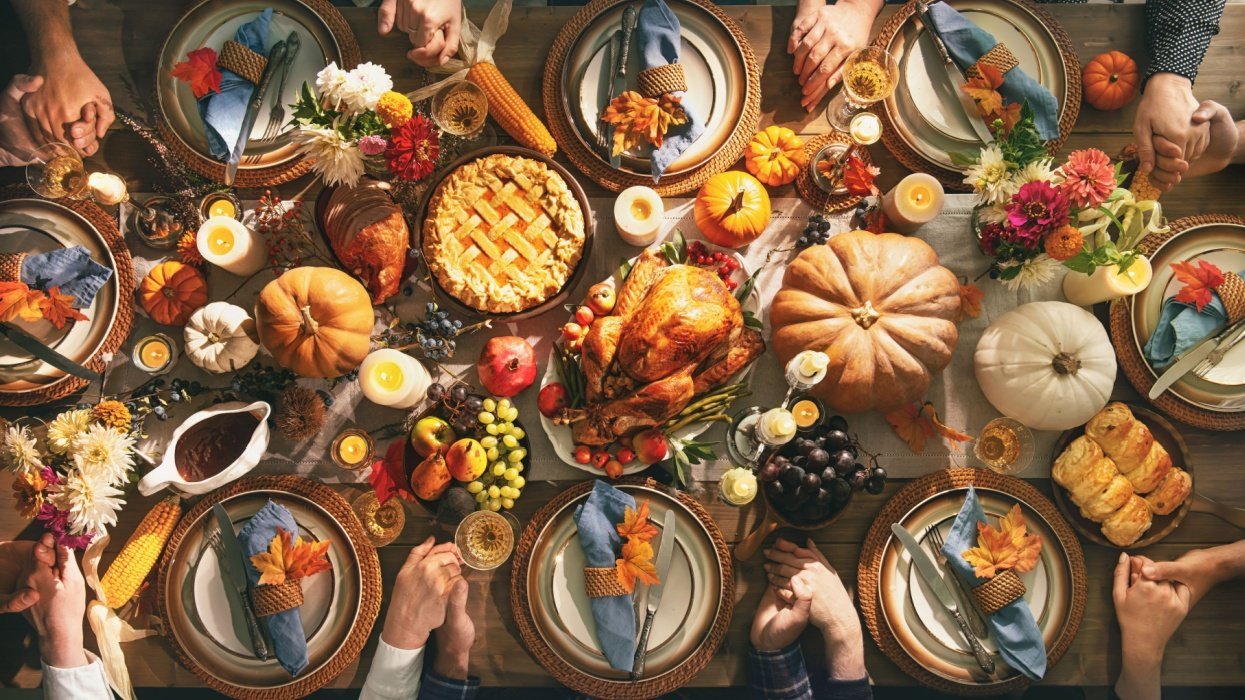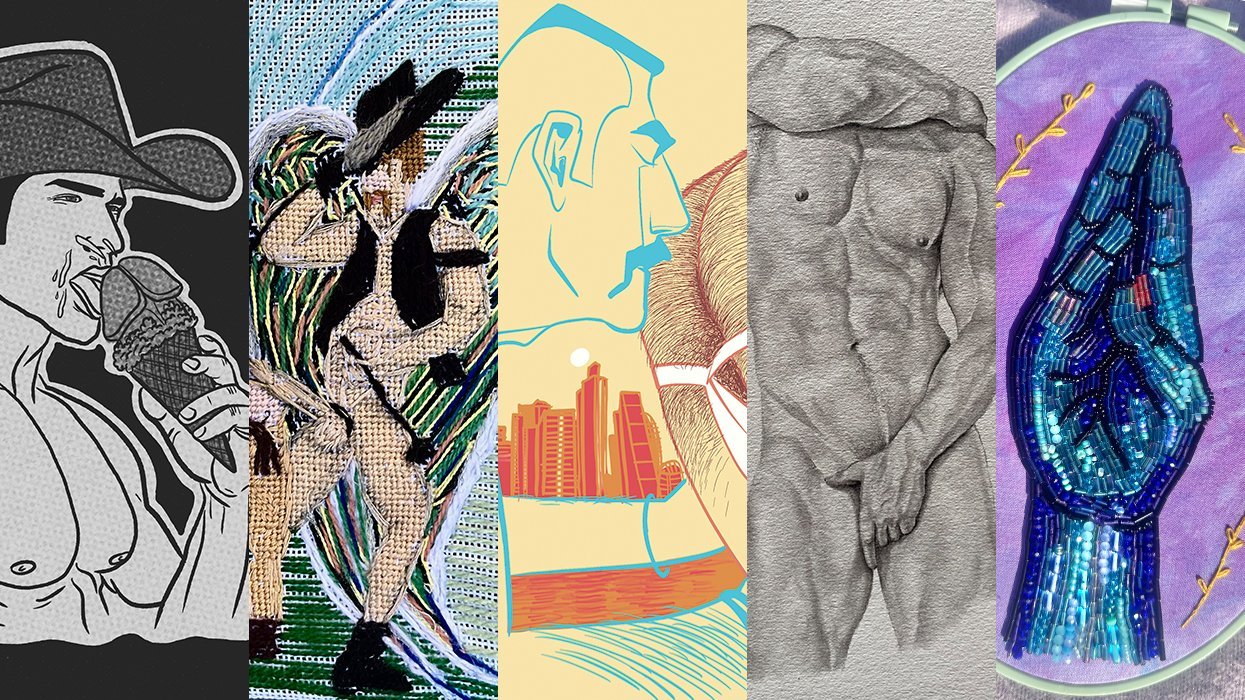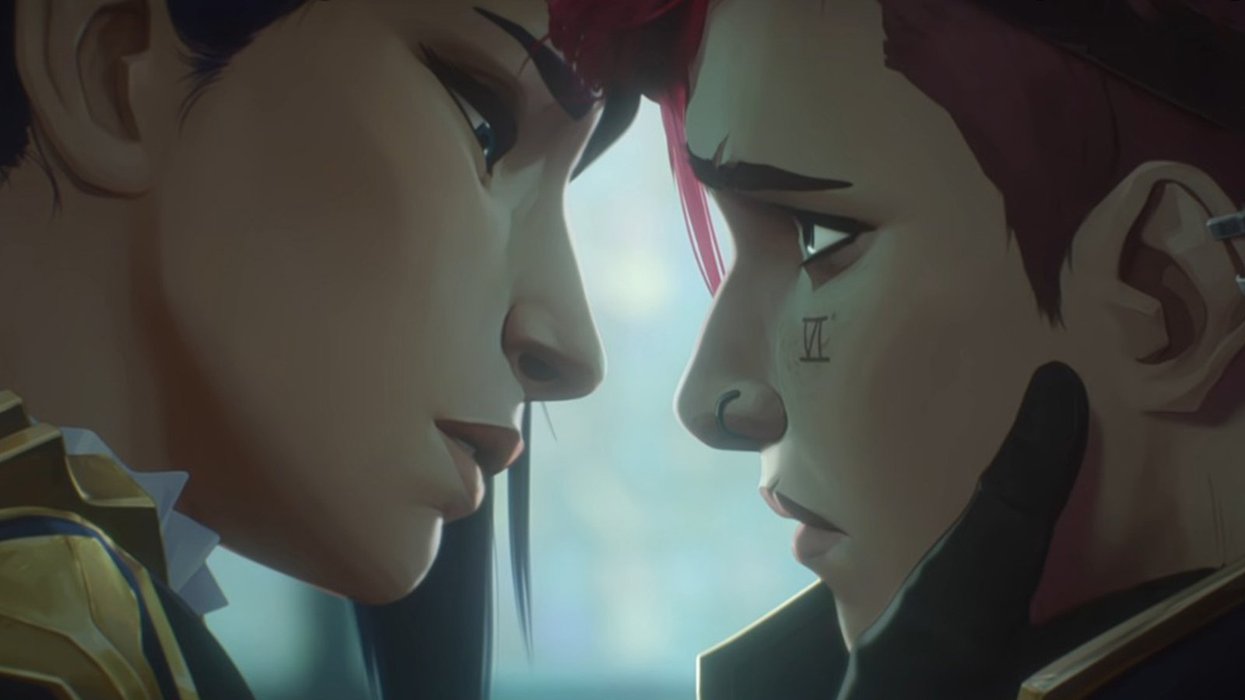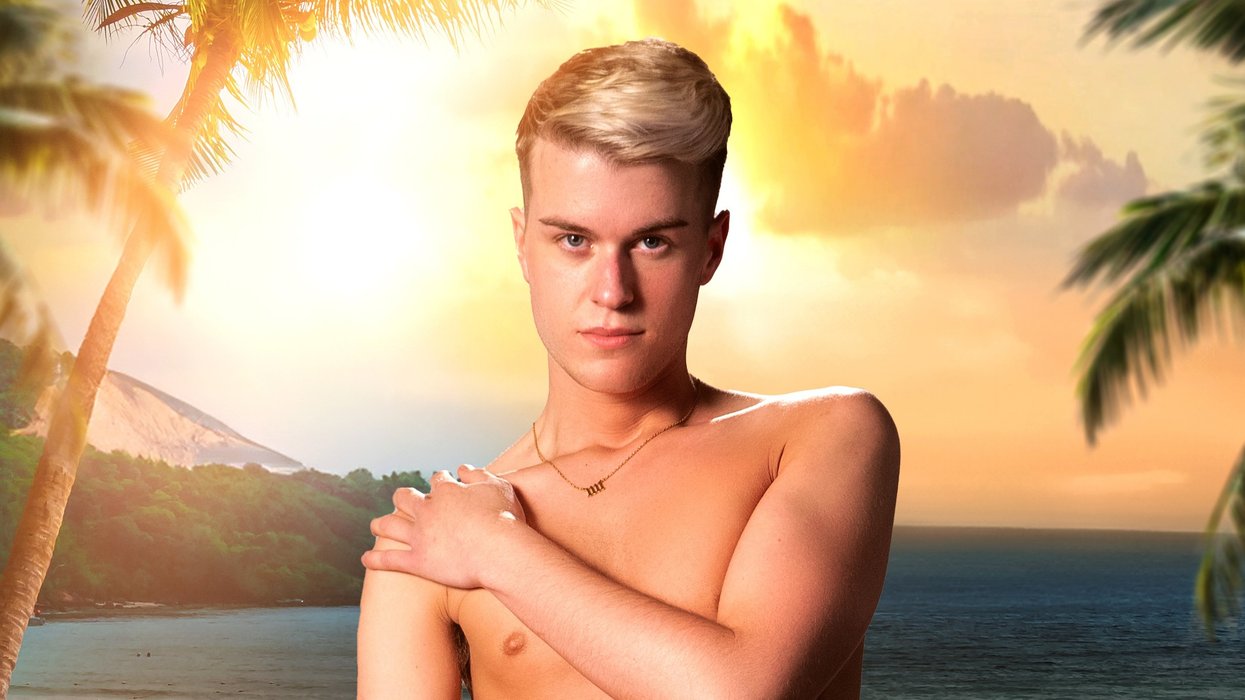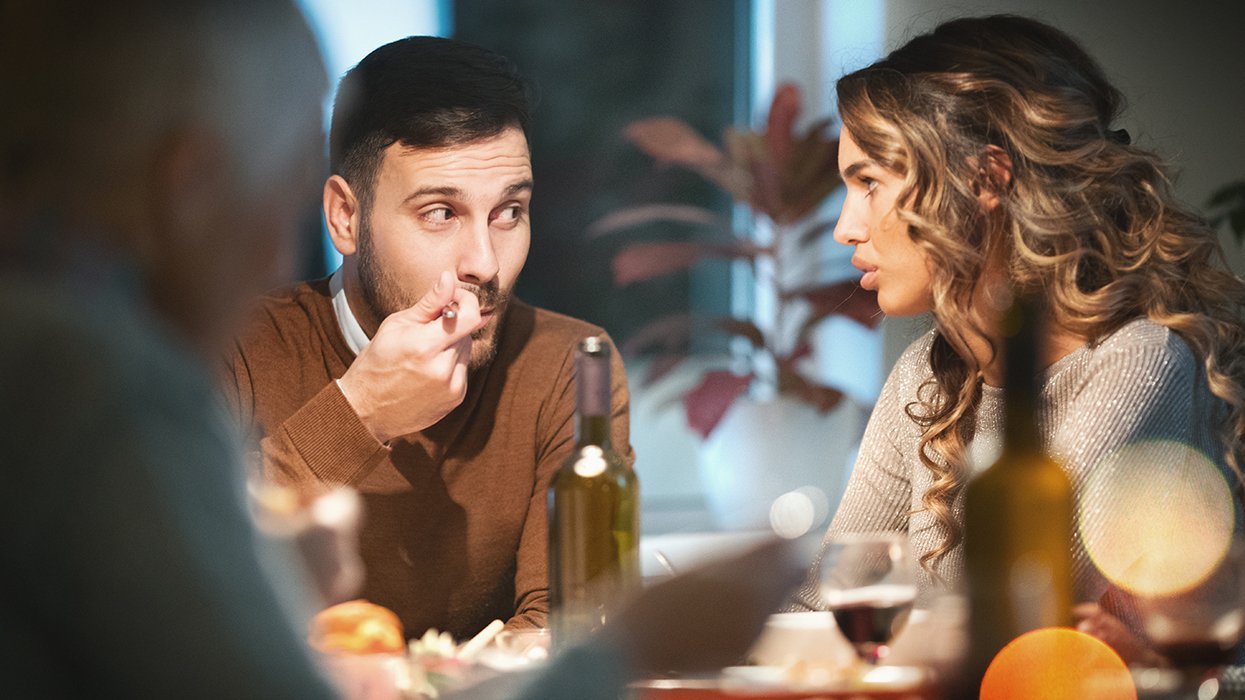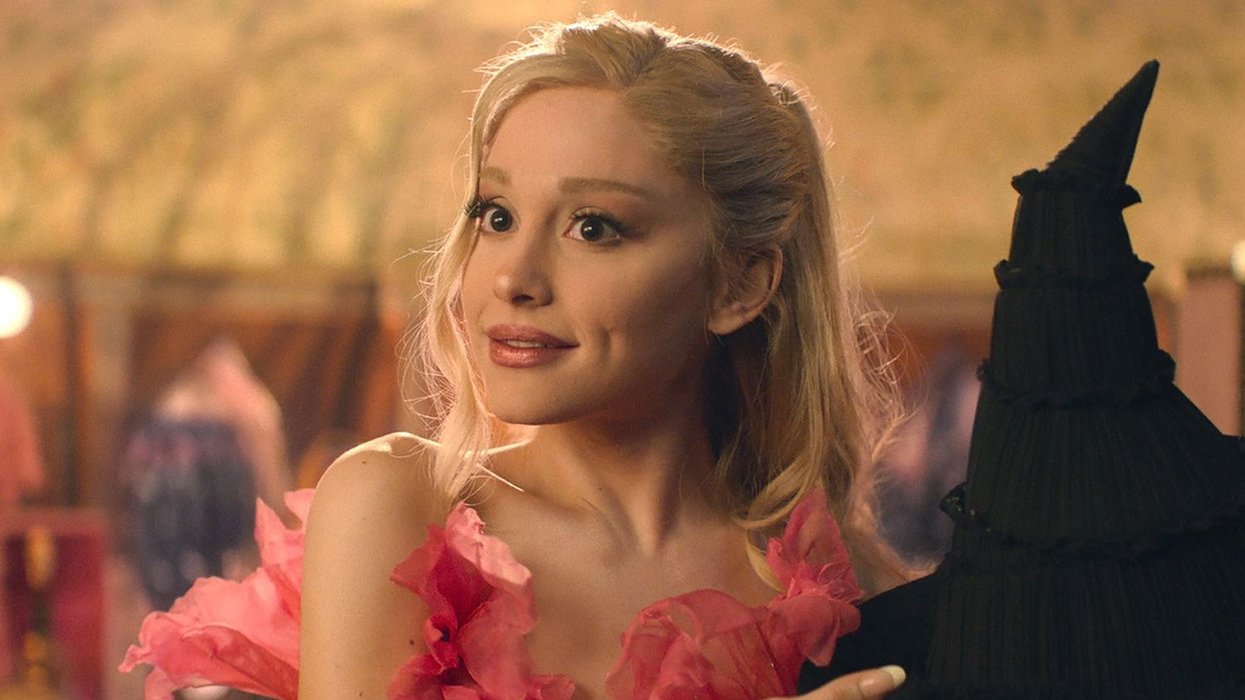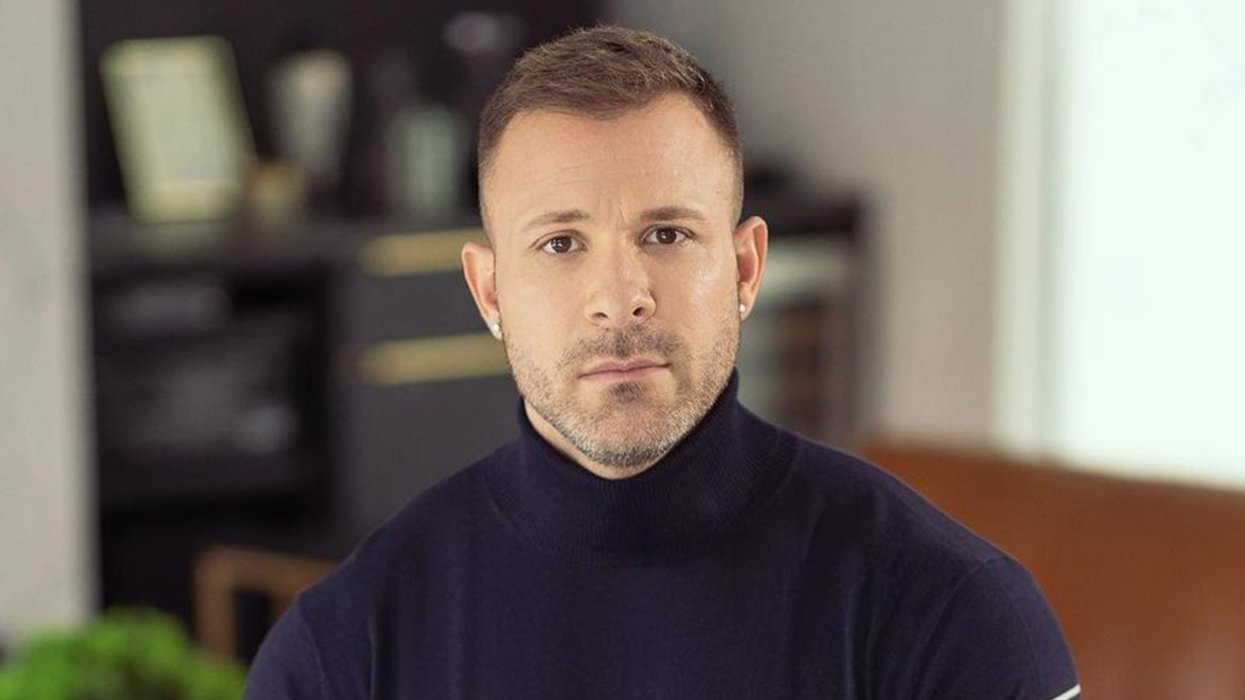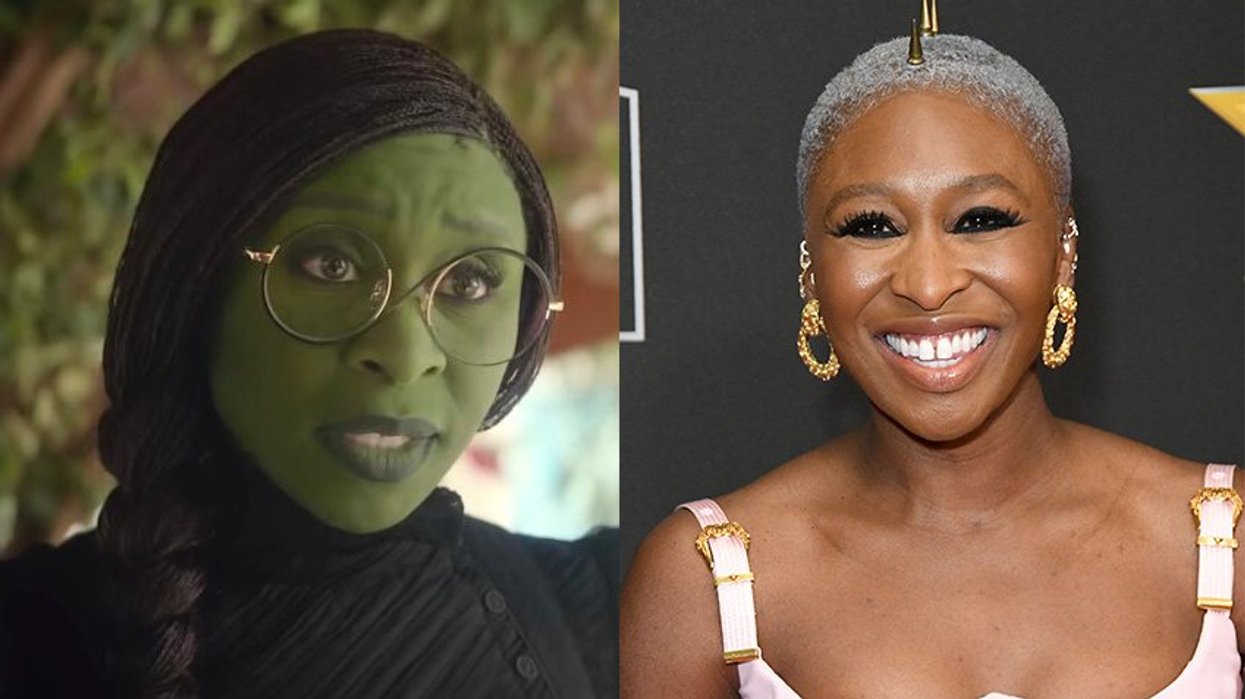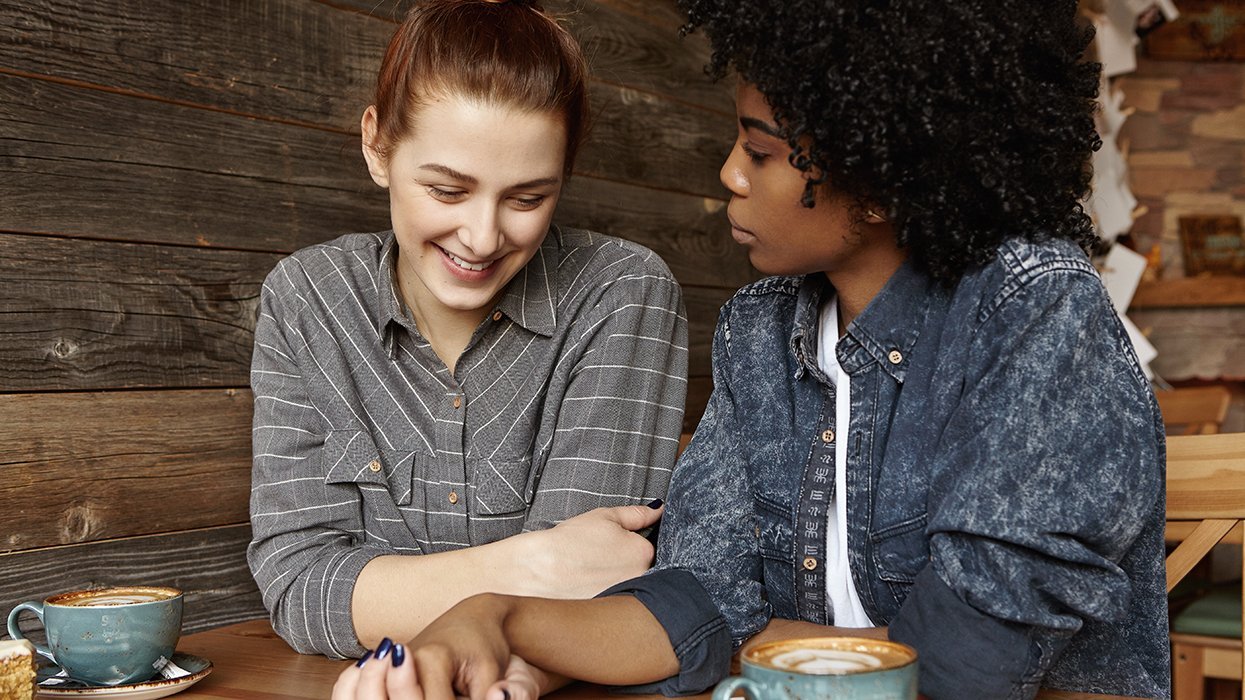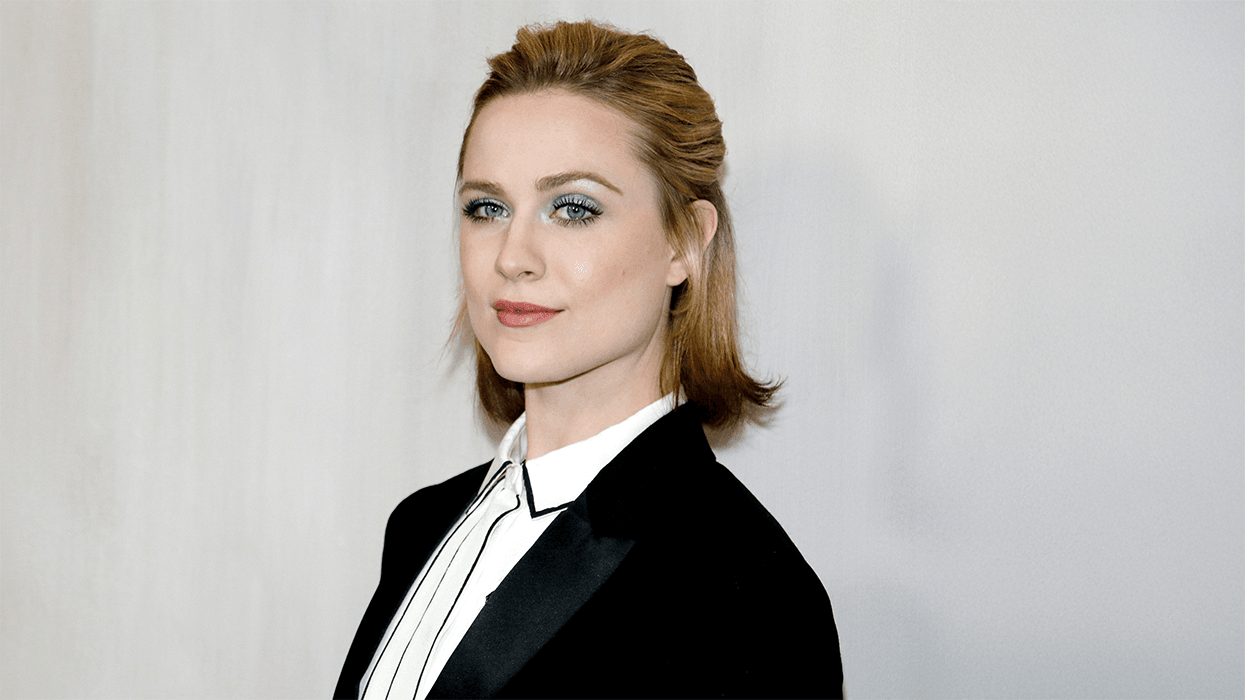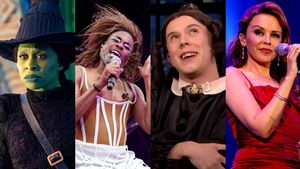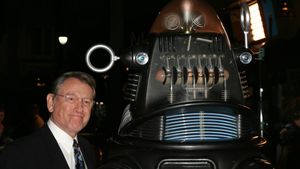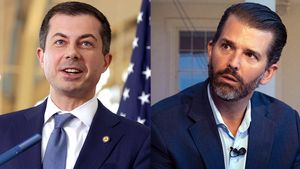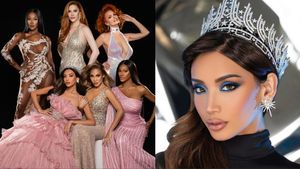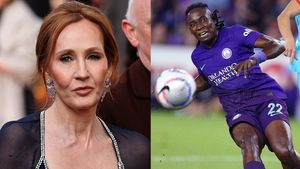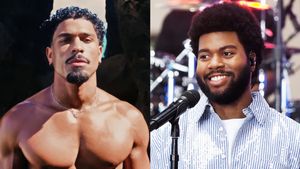Actress Chloë Sevigny may be best known to TV viewers for playing Nicolette “Nicky” Grant, the most interesting of three sister wives on HBO’s long-running polygamy drama, Big Love. But she’s equally iconic for her game-changing roles in the shocking Kids and the transgender Oscar-winner Boys Don’t Cry. Sevigny’s had a bevy of films that play with gender, including Candy Darling and If These Walls Could Talk, and last year she cross-dressed as distinctive fashion photographer Terry Richardson for the cover of the avant-garde trans fashion magazine Candy (shot by Richardson).
She subverts gender again in her next role, where she plays a transgender woman who just happens to be an assassin. It may be her best part yet. Hit and Miss, a six-part miniseries that premieres in July on DirectTV, centers around Mia, a contract killer whose trans identity is unknown to those around her. Her life, already precarious, is sent into a tailspin when she receives a letter from her ex. The woman is dying and wants to confess that before she transitioned, Mia fathered an 11-year-old son.
For the role, Sevigny wanted to play Mia as a glamorous woman who easily passes as female — more April Ashley (a gorgeous famous British fashion model outed as transgender in 1961) than Felicity Huffman’s Transamerica character, who she says “hadn’t quite flourished all the way yet.”
“Maybe she’s more in the vein of Karen Black in Come Back to the Five and Dime, Jimmy Dean, in that she is completely passing,” says Sevigny. “She’s very concerned with her image.”
Did she have concerns about pulling off the role?
“Oh, my God, yeah, I still do,” the actress admits. “I’m just waiting for people to see it and to see, when the criticism ensues how that will be.”
Initially Sevigny wanted to play Mia with more “exaggerated unfeminine moves… because [femininity] is so learned and I wanted her to be sort of more masculine. But the creators and the show runners had an entirely different idea. And as an actor you kind of have to adhere to them unless you want to be extremely difficult, which I try not to be. And I trusted the writer and the filmmaker implicitly and they really had a certain idea of how they wanted it to be.”
Still, Sevigny wanted Mia to be an anomaly on-screen: “I didn’t want to focus on how other people had done it before. I was just trying to do it how I could do it best. And then it wasn’t really about her being a trans person; there’s so much more to the character.”
In fact the rather ambitious series is about family and identity and violence, as Mia comes from a community of Irish gypsies, “where’s there’s so much violence and a real patriarchal culture.”
She says Mia lived as an effeminate boy before her transition, so “there’s a lot more to it for me than just her being transgender. Of course, that’s a heavy theme and obviously one of the biggest things she’s going through in her life, but there’s just so much more that makes up a so much more that makes up a person, makes them so much more complicated.”
More on next page....
\\\
(continued)
With Mia, Sevigny hopes to stretch as much as she did on Big Love, in a role that gave her so much to do, she says. “It was five years of television. I think it ended up being 53 hours. So I was really proud of what I did with that character. Everybody says, ‘Oh, she was such a bitch.’ But she wasn’t. I think there’s just so much going on with that character. She was so rich. She was so much fun to play.”
Still, five years is a long time to play anyone. “I’m excited to move on as much as I loved playing her,” she admits, “I’m excited to find something else. Hit and Miss was so different that it was like the greatest thing I could go into after Big Love.”
Still, few experiences can top her turn in director Kimberly Peirce’s iconic Boys Don’t Cry, a film role that is still her favorite for the impact it had on LGBT kids. “It was a very effective film and made people really think about bigger issues. I was really proud of that one.”
Given that Sevigny has bent gender and starred in more than one transgender production, fans might expect her to be savvy on LGBT issues, but trans activists were surprised to hear her describe Mia in the media last year as a “tranny” assassin.
“Am I not supposed to say tranny?” Sevigny is honestly aghast. “What am I supposed to say? I don’t even know. I don’t know the proper rule, what people prefer. I apologize if I offended anyone. I would never use that word in a derogatory manner. Do you know what I mean? I have nothing but respect and admiration for anybody who decides to undergo that transformation. I guess within the gay community people tease each other all the time and call each other girl and tranny girl and this and that — I guess you just hear it around and think maybe if you’re within it you can use it and it’s not [a slur].”
The actress isn’t above getting her own feelings hurt too. After actor Drew Droege began imitating Sevigny on his Web series, she looked it up and initially laughed it off. “At first, was kind of like, Oh, that’s kind of funny. They’re, they’re so arty and weird and it doesn’t really represent me in any way or resemble me in any way. And then just everybody keeps talking about it and he keeps making them. And I was like, Do you just think I’m entirely pretentious? It’s just like totally making fun of me and I started slightly getting offended, and now I kind of don’t know what to think about them. Then I Google-videoed me. It was like the first time I had ever done that — I’m like so anti the Internet, it makes me so anxious. But I started dating this boy, which isn’t happening anymore, anyways, and I was like I wonder if he Google-videoed me what he would find and it was like the first 50 things were Drew’s videos, which I thought was kind of funny. I mean, it kind of makes perfect sense, me and who I am and that would happen... that that’s who you would find. But I feel like it’s a little snide and that kind of hurts my feelings. And now he’s a DJ, and now he’s DJing under my name, which I thought was kind of a little much.
“I was like, Really? You’re just like co-opting me, but you’re not really representing me, like me in any way. I mean, I don’t know. Do you think it’s flattering or do you think it’s cruel? I haven’t watched him enough because I feel like he’s hating. I just feel like there’s this culture of hate that... just gets perpetuated a lot and I don’t want to be a part of that. I’m not snarky. I’m very down-to-earth. So that’s, I guess that’s what’s the most confusing.”
It’s a surprisingly sensitive side to the woman who gives off an air of toughness, but this actress turned activist is a continual surprise. In the past she’s told reporters that she’s experimented with women, kissed a lot of girls, but wouldn’t consider herself bisexual. Still, when she talks about the LGBT world, she often says “we.” So is she queer?
“No, I think I’m straight. I think I’m straight. I really can admire women, their beauty and all of that,” she says, awkwardly into the phone from her mother’s Connecticut home, where she’s hanging out for the week, a situation she says makes her “regressed to like a 12-year-old.”
“God, I feel freaked out because my mom yesterday said that a neighbor friend asked if I was gay, and now I feel like I can’t answer this question.” She laughs. “The thing is, I’d really like to [say I’m queer] because I think that she was kind of like, ‘I thought it was kind of weird.’ I’m like, ‘Aw, you poor woman.’”
Today, the hetero-flexible actress is tired of the labels often given her; she wants to move people with her work and away from the two labels that have dogged her: Hollywood “it” girl and the queen of indie cinema. “Because I don’t feel like either of them really pertain to me. I feel like they’re incorrect. I’m not a girl, I’m 37, so I’m a woman,” she laughs. “And yeah, I’ve done mostly independent films, but now that I’ve been on television for the past five years — I just don’t want to be pigeonholed in any way. The only term I really will accept is rebel.”
Follow SheWired on Twitter!
Follow SheWired on Facebook!
